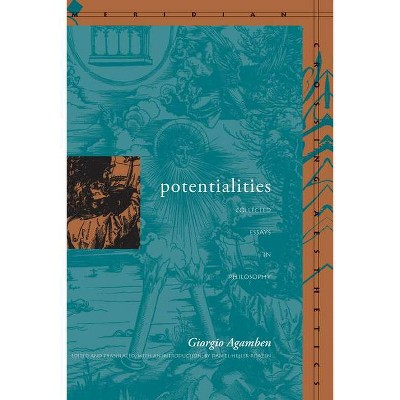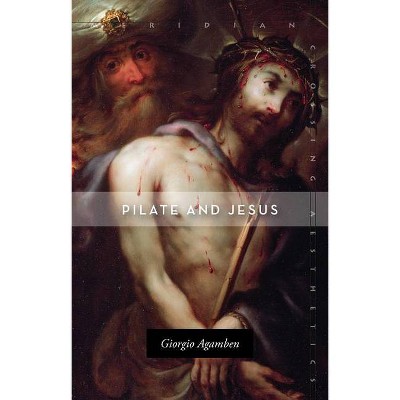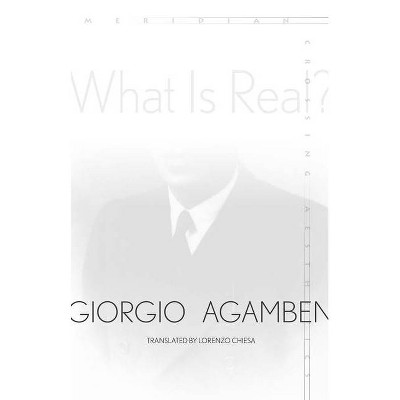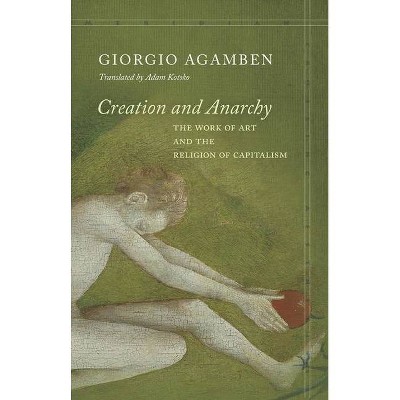Stasis - (Meridian: Crossing Aesthetics) by Giorgio Agamben (Paperback)
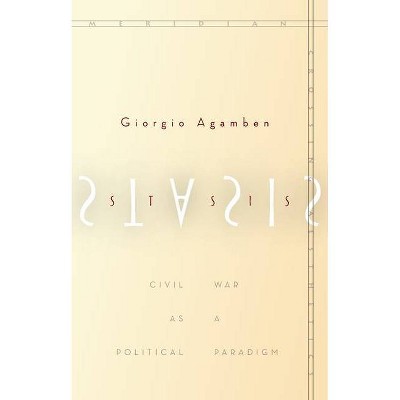
Similar Products
Products of same category from the store
AllProduct info
<p/><br></br><p><b> About the Book </b></p></br></br>A first step toward a viable theory of the manifold internal conflicts that afflict the world's populations today, this book looks at how civil war was conceived of at two crucial moments in the history of Western thought, in ancient Athens (from which the political concept of <i>stasis</i> emerges) and later, in the work of Thomas Hobbes.<p/><br></br><p><b> Book Synopsis </b></p></br></br><p>We can no longer speak of a state of war in any traditional sense, yet there is currently no viable theory to account for the manifold internal conflicts, or civil wars, that increasingly afflict the world's populations. Meant as a first step toward such a theory, Giorgio Agamben's latest book looks at how civil war was conceived of at two crucial moments in the history of Western thought: in ancient Athens (from which the political concept of <i>stasis</i> emerges) and later, in the work of Thomas Hobbes. It identifies civil war as the fundamental threshold of politicization in the West, an apparatus that over the course of history has alternately allowed for the de-politicization of citizenship and the mobilization of the unpolitical. The arguments herein, first conceived of in the immediate aftermath of 9/11, have become ever more relevant now that we have entered the age of planetary civil war.</p><p/><br></br><p><b> About the Author </b></p></br></br>Giorgio Agamben is a contemporary Italian philosopher and political theorist whose works have been translated into numerous languages. His most recent title with Stanford University Press is <i>Pilate and Jesus</i> (2014).
Price History
Price Archive shows prices from various stores, lets you see history and find the cheapest. There is no actual sale on the website. For all support, inquiry and suggestion messages communication@pricearchive.us
